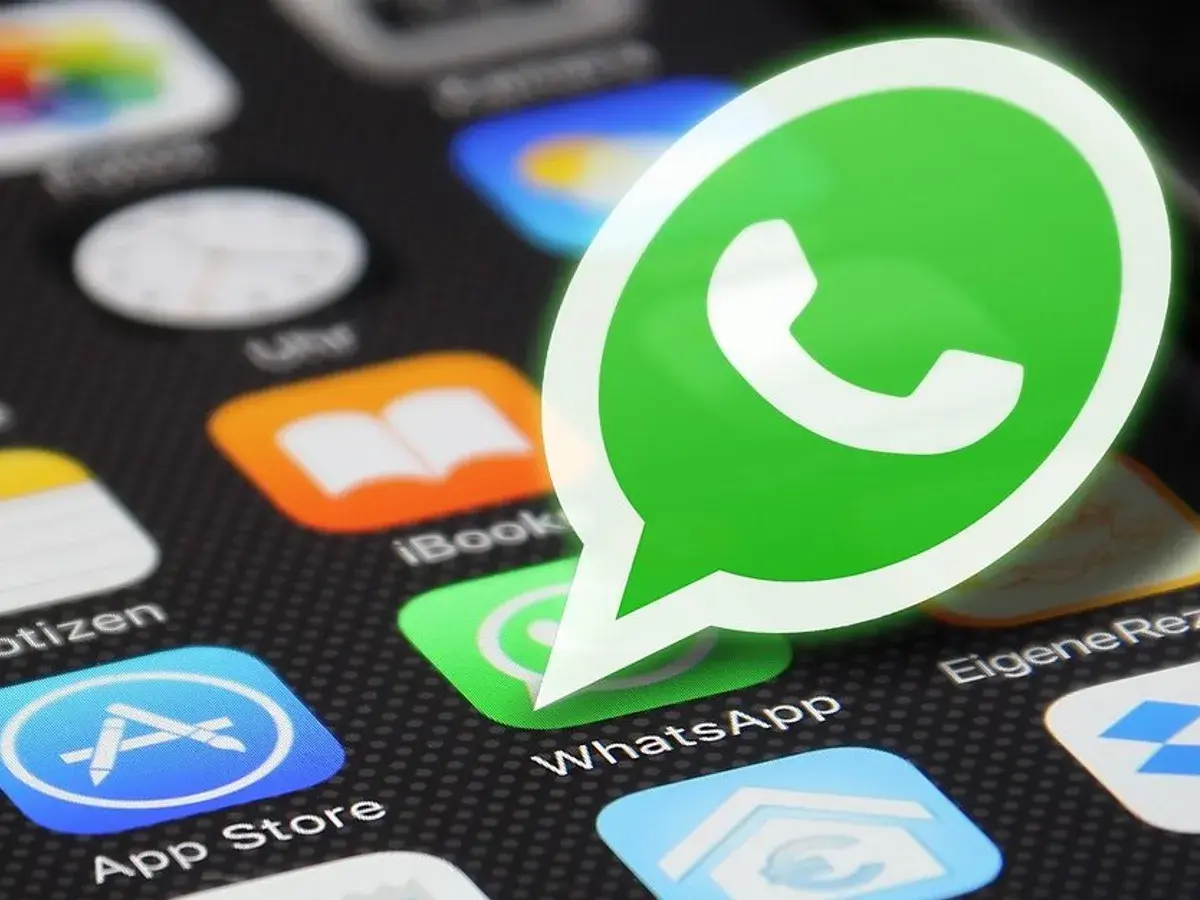Many WhatsApp users have recently encountered a new information banner at the top of their app. The banner, emblazoned with the message “All your friends in one place,” isn’t heralding the arrival of the much-anticipated interoperability feature. Instead, it represents a strategic shift by Meta, WhatsApp’s parent company, to bolster user acquisition and potentially preempt the impact of interoperability with other messaging apps.
WhatsApp’s New Push for User Acquisition: Friends or Foes?

A Gentle Nudge (or a Not-So-Subtle Hint?)
The banner’s wording, “Do you have many messaging apps? Invite your friends,” nudges users to encourage their contacts to adopt WhatsApp. This initiative suggests that despite its massive user base of over 2 billion (according to Statista), WhatsApp is actively seeking to expand its reach. The banner’s placement, prominently displayed within the main app window, reinforces this goal by making the invitation feature readily accessible.
Intriguing Timing: Before Interoperability Arrives
The timing of this user acquisition push is particularly interesting. Just last month, news broke about WhatsApp’s plans to introduce interoperability capabilities. This feature would allow users on different platforms, like Signal, to communicate with WhatsApp contacts (assuming Signal implements compatible features). Interoperability could potentially diminish the need for users to be present solely on WhatsApp, as they could access their network through other applications.
Consolidation Before Competition?
By actively promoting user acquisition now, Meta might be strategically aiming to solidify WhatsApp’s dominance before interoperability arrives. The logic follows that a larger, more entrenched user base would provide a strong incentive for users to remain on WhatsApp even after interoperability becomes a reality. Additionally, a larger user base strengthens WhatsApp’s appeal as a one-stop communication platform. Potentially deterring users from switching to alternative applications.
Beyond User Acquisition: A Multifaceted Strategy?
The user acquisition campaign might be just one facet of Meta‘s larger strategy. WhatsApp’s dominance in the messaging space has faced increased scrutiny in recent years, particularly concerning data privacy concerns. Promoting widespread adoption could be seen as a way to solidify WhatsApp’s position and potentially influence future regulations related to interoperability.
User Choice vs. Platform Preference?
The user experience implications of this campaign are worth considering. While some users might appreciate the reminder to connect with friends on a familiar platform, others might find the persistent banner intrusive. The banner’s focus on consolidating users onto a single platform also raises questions about user choice and potential limitations on communication freedom. Particularly for users who prefer the functionalities or privacy policies offered by alternative messaging apps.
The Road Ahead: User Reaction and the Future of Interoperability
The ultimate effectiveness of this campaign will depend on how users react. Will the convenience of having “all your friends in one place” outweigh potential concerns about user choice and privacy? It will be interesting to see how user behavior adapts, especially with interoperability on the horizon. Ultimately, WhatsApp’s efforts to maintain its position as the leading messaging platform will be contingent on balancing user acquisition with transparency, respect for user choice, and a genuine focus on fostering a secure and engaging communication experience.
Conclusion
WhatsApp’s new user acquisition campaign signifies a significant shift in strategy. While the ultimate goal is to expand its user base, the timing and messaging around the campaign raise questions about potential preemptive maneuvers in response to interoperability. As the messaging landscape evolves, it will be critical to remain mindful of user choice, data privacy, and the development of a healthy balance between interoperability and platform dominance.




